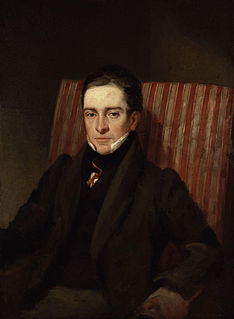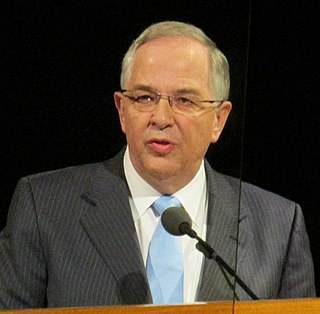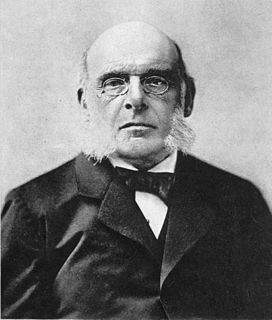A Quote by Simone Weil
It is not the cause for which men took up arms that makes a victory more just or less, it is the order that is established when arms have been laid down.
Related Quotes
I've been thinking of a story from the Old Testament: Moses stood all day and all night with outstretched arms, praying to God for victory. And whenever he let down his arms, the enemy prevailed over the children of Israel. Are there still people today who never weary of directing all their thinking and all their energy, single-heartedly, to one cause?
I remember talking to, 40 years ago, one of the leading people in the government who was involved in arms control, pressing for arms control measures, détente, and so on. He's very high up, and we were talking about whether arms control could succeed. And only partially as a joke he said, "Well it might succeed if the high tech industry makes more profit from arms control than it can make from weapons-related research and production. If we get to that tipping point maybe arms control will work." He was partially joking but there's a truth that lies behind it.
There's another little vision in my life, going into a restaurant in New York years ago: All the women are sitting in their little strapless dresses with their cleavage, and there's this one woman in a sleeveless turtleneck and pants. And I can tell you that every man in that restaurant looked at that woman's arms. It was hypnotizing when everything was covered up. Just the face, the conversation - and you see the arms. And the arms and the hands become an obsession. I like that.
All doctrines relating to the creation of the world, the government of man by superior beings, and his destiny after death, are conjectures which have been given out as facts, handed down with many adornments by tradition, and accepted by posterity as "revealed religion". They are theories more or less rational which uncivilised men have devised in order to explain the facts of life, and which civilised men believe that they believe.
To trust arms in the hands of the people at large has, in Europe, been believed...to be an experiment fraught only with danger. Here by a long trial it has been proved to be perfectly harmless...If the government be equitable; if it be reasonable in its exactions; if proper attention be paid to the education of children in knowledge and religion, few men will be disposed to use arms, unless for their amusement, and for the defense of themselves and their country.









































